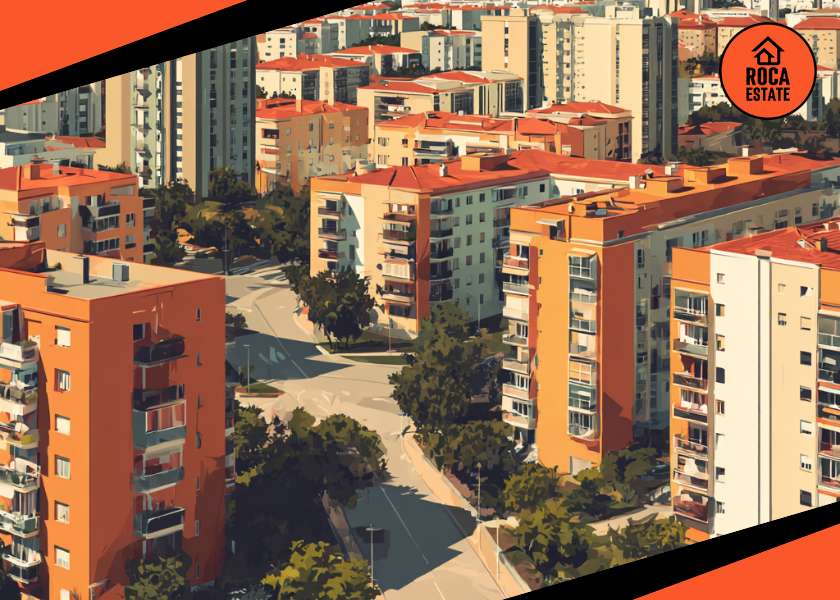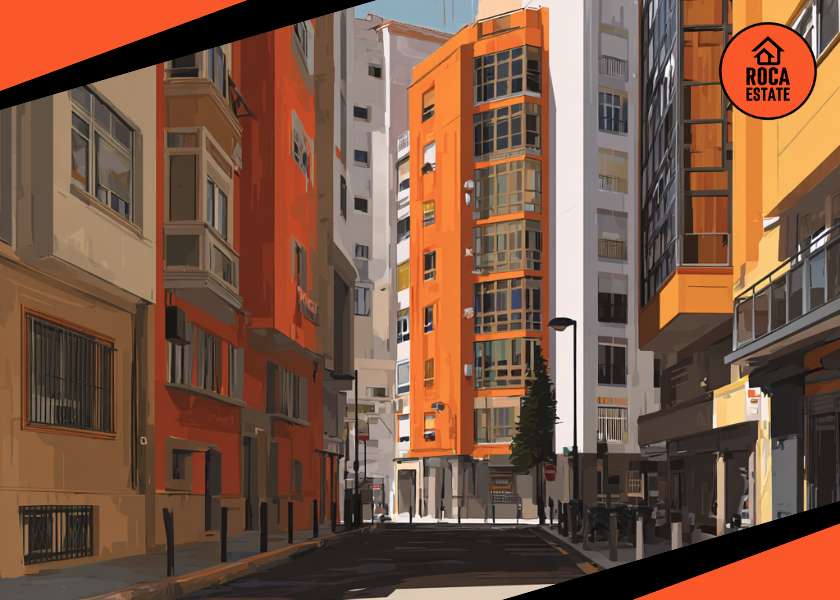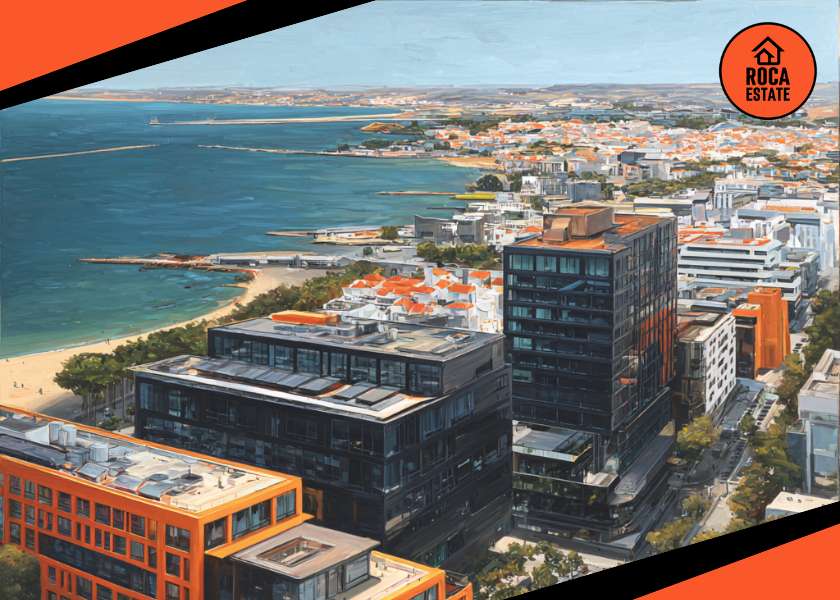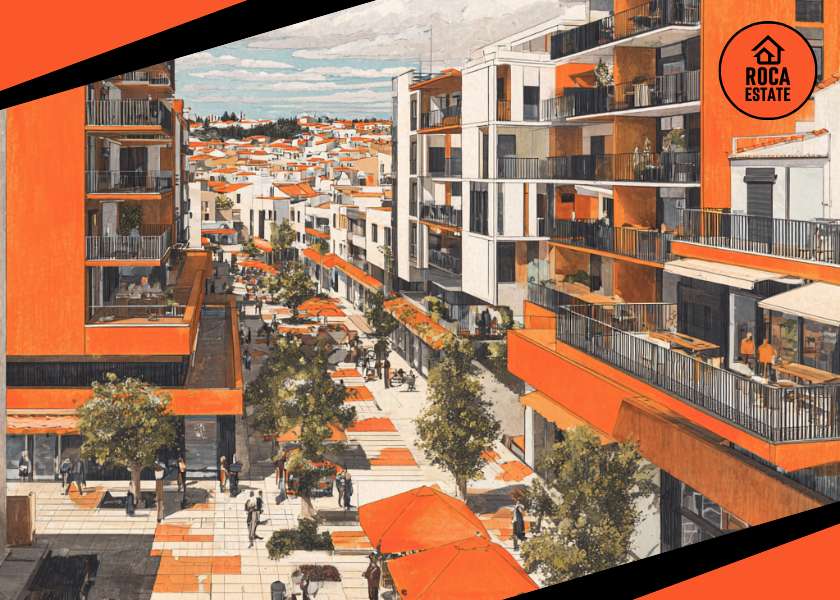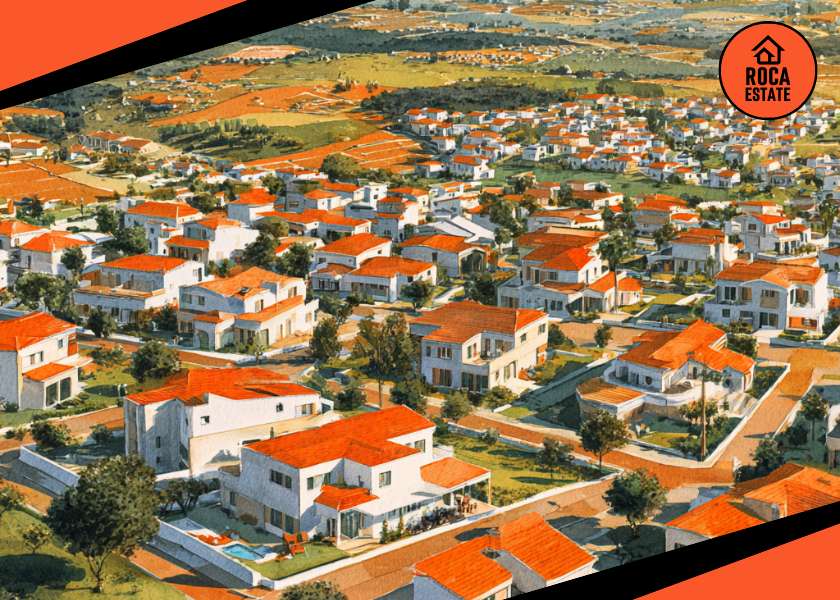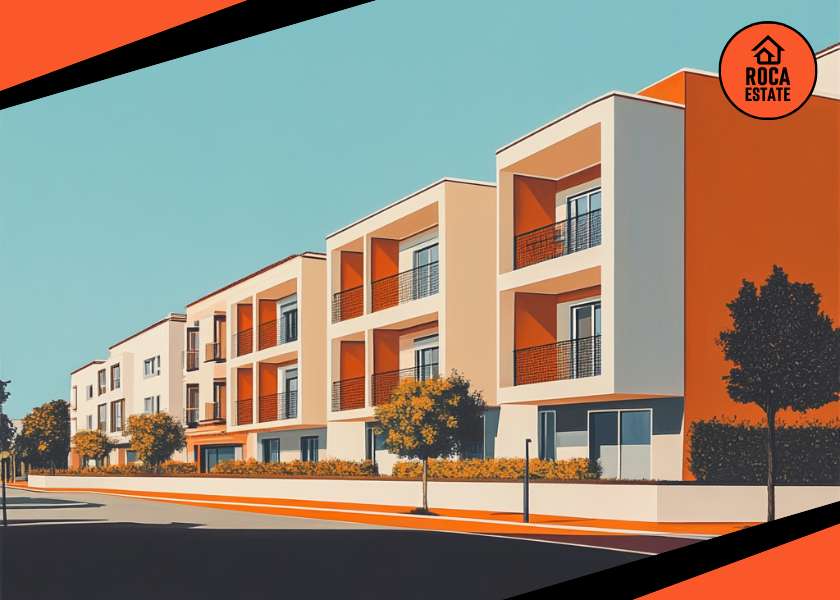As Portugal’s tourism industry continues to impact its economic and property landscape, quarterly statistics on resident travel offer insights crucial for real estate investors. The Q2 2024 tourism report indicates a shift in resident travel behavior, suggesting trends that could influence the real estate market, particularly in short-term rentals and hospitality investment. This article breaks down the latest travel data to outline investment implications based on shifts in tourism demand.
Statistical Trends in Q2 2024 Tourism Demand
- Decline in Domestic Travel Volumes
According to the data, there has been a notable 13.4% reduction in total resident trips year-on-year, marking a continuation of the declining trend observed in Q1 (which saw a 7.8% decrease). The data further reveals:- Domestic Trips: Resident trips within Portugal decreased by 15.4%, down from the 10.0% drop in Q1. This suggests a tapering in domestic travel demand, possibly due to economic factors or seasonal adjustments.
- International Travel: While typically more stable, international trips also registered a decline, dropping by 1.5%—the first reduction recorded since Q2 2021. This marginal decline contrasts with a 9.2% increase in Q1, indicating some volatility in outbound travel.
- Primary Motivations for Travel
Despite the decrease in travel volume, leisure and family-oriented travel continue to dominate. Specific breakdowns include:- Leisure, Recreation, and Holidays: Accounting for 49% of total trips, this category saw a slight year-on-year decrease of 12.2%, maintaining its position as the top reason for travel.
- Visits to Relatives or Friends: Representing 38.4% of travel, this category also saw a comparable 12.1% decrease. These consistent segments reflect a sustained interest in leisure and family-related travel, even amid fewer trips.
- Accommodation Preferences
The Q2 report highlights a significant reliance on private accommodation:- Free Private Accommodation: Comprising 58.3% of overnight stays, this remains the top choice, largely tied to family and friend visits or leisure travel.
- Hotels and Similar Establishments: Hotels were the second-most preferred at 26.4% of stays, primarily for business-related travel and short leisure trips. This breakdown suggests an ongoing preference for low-cost or familiar options, with potential implications for short-term rental profitability.
- Booking Channels and Trip Duration
Increased Internet Use for bookings reflects the digital shift in travel planning:- Digital Bookings: 30% of residents booked trips online, up 4.4 percentage points year-on-year. International travel showed the highest adoption rate, with 67.6% of bookings made online.
- Average Duration: The average trip length increased to 3.52 nights from 3.36 nights in Q2 2023, with June showing the longest stays at 3.98 nights. This trend toward extended stays can be advantageous for properties marketed toward long-term short stays.
- Monthly Travel Patterns
Month-by-month statistics indicate variability within Q2:- April and May: Both months registered notable decreases, with April down by 36.7% and May by 2.7%.
- June: A 4.4% increase in June suggests a potential seasonal recovery as summer approaches, a trend beneficial for investors who focus on the peak tourist season.
Data-Driven Implications for Real Estate Investment
The data from Q2 2024 underscores both challenges and opportunities for real estate investors in Portugal’s tourism-linked markets. Here are the strategic insights that can be drawn from the statistics:
- Digital Accessibility: With online bookings on the rise, aligning properties with digital travel platforms can significantly enhance occupancy rates. Properties that integrate with online travel agencies and have a user-friendly digital presence will likely see a competitive edge.
- Focus on Family and Leisure Market: Family and leisure remain top travel motivations, especially for domestic tourists. Investment in adaptable spaces that cater to groups or families can capitalize on this demand. Properties marketed for longer stays or suited to leisure and family needs may find resilience amid domestic travel fluctuations.
- Seasonal Price Adjustments: The data highlights seasonal shifts, with an uptick in June after declines in April and May. Investors should consider dynamic pricing, especially during peak months like June, to capture demand more effectively.
Conclusion
The Q2 2024 tourism statistics indicate a complex environment for real estate investment in Portugal, characterized by shifting domestic travel demand and a growing digital presence in travel bookings. For investors, properties designed with digital accessibility, adaptable spaces for family-oriented travel, and dynamic pricing strategies for seasonal peaks can leverage these trends to enhance returns. This approach, informed by statistical trends, aligns with the evolving landscape of Portugal’s tourism demand.
Despite a Q2 slowdown in tourism demand, Portugal remains a strategic location for long-term investors. If you’re evaluating how market shifts may influence your real estate investment in Portugal, visit our FAQ page for expert insights on legal, financial, and operational aspects of investing. Stay informed and make data-driven decisions in the evolving real estate market in Portugal.










